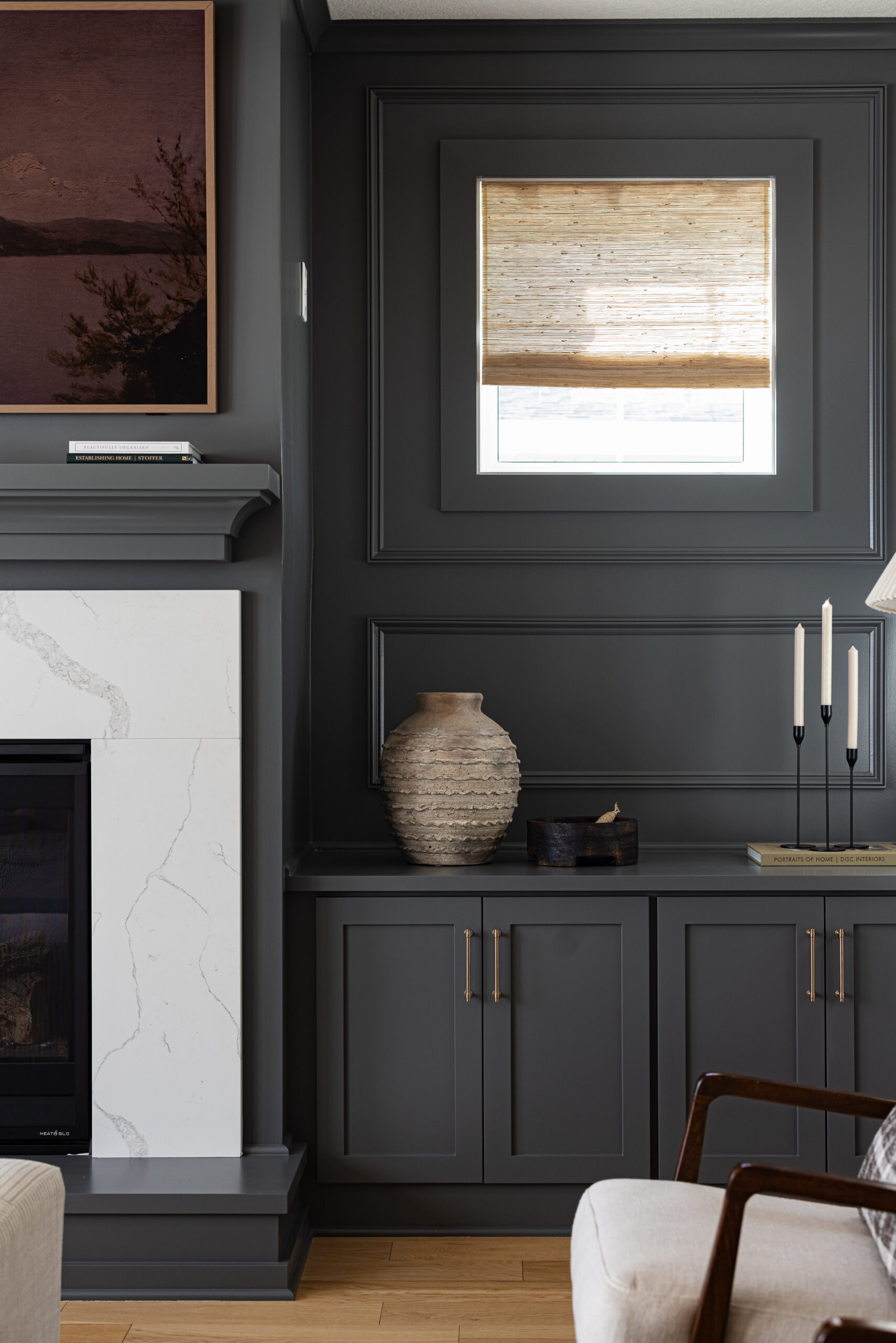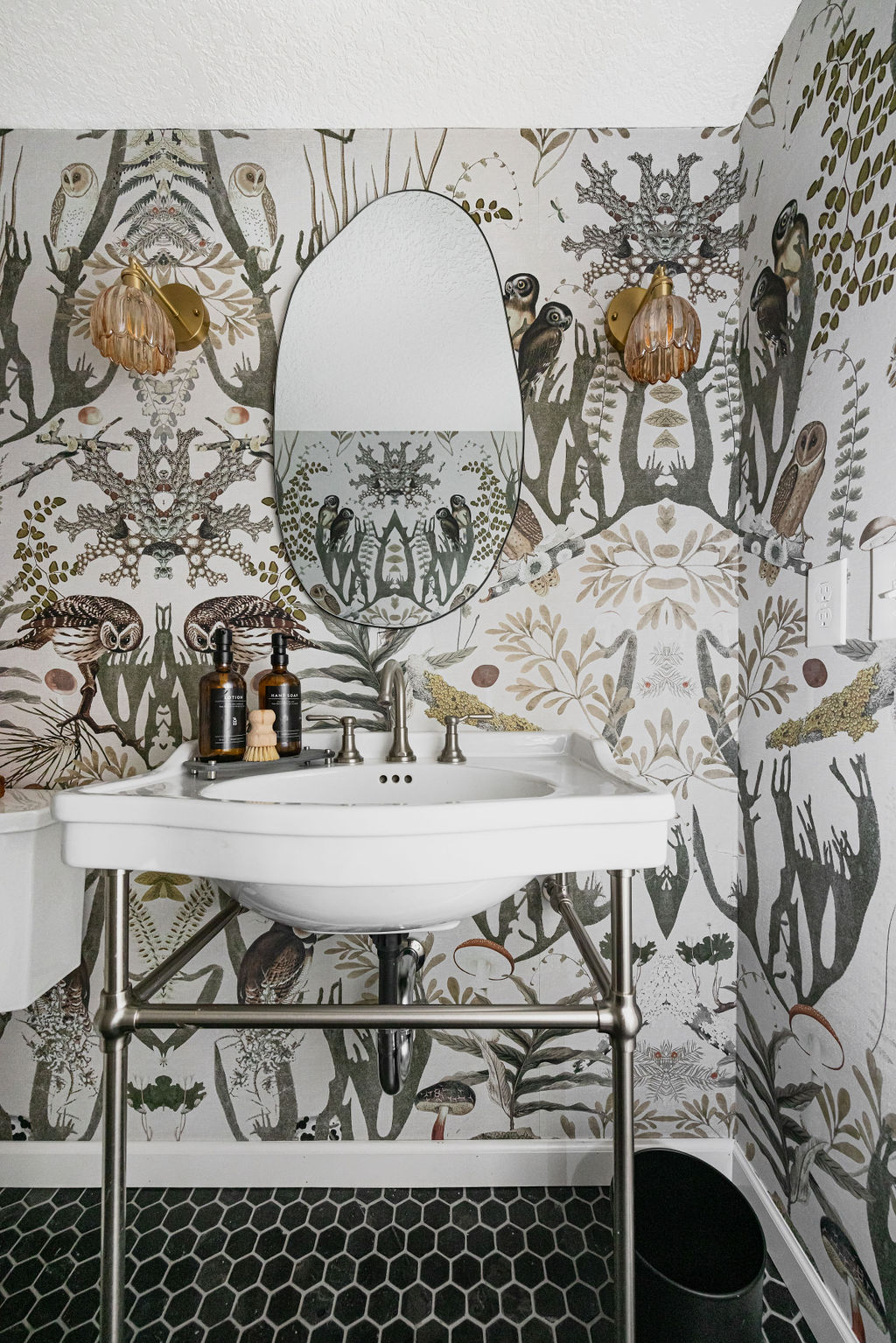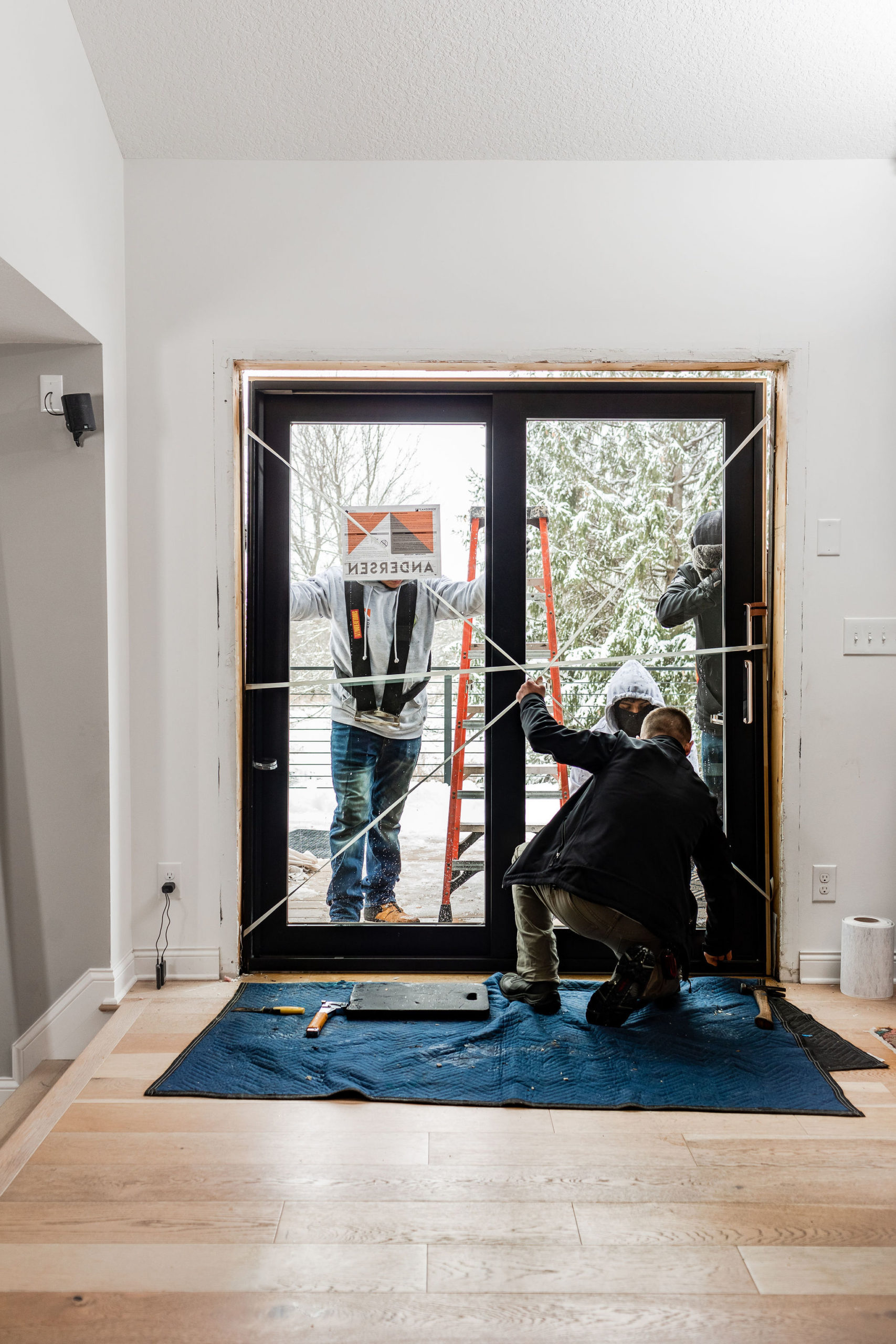
With every city comes new codes and new inspectors.
As you know, we’re a DIY home improvement blog as well as an interior residential remodeling company from the suburbs of Minneapolis, MN. We remodel in every city around the suburbs and from experience can tell you that every city has different regulations and inspectors.
Knowing this can help us prepare for jobs whether it means adding extra things into our bids or tweaking our timelines to accommodate the different city regulations.
Working with different cities and their respective inspectors is a very unique relationship. Sure we’ve failed inspections, every contractor will go through that. But knowing how to work with your inspector is key in this trade.
You most likely won’t lull your inspector into giving you a pass when you really deserve a fail, but creating a relationship can better help you understand what you did wrong and what you can do different in the future.
Respect
These inspectors are not upholding their own written rules. They are abiding by the code in which the city they work for has put in place. So the last thing you should ever do is get smart with an inspector. It’s not their fault but it is their job to police your work. If you respect the inspector and their line of work, things will often go your way.
If you try and cheat the inspector and sneak something by them, they will most likely catch it. You also have your reputation as well as your company’s reputation on the line. It is in no way a hierarchy or political scheme with scheduling your inspections but if you create a bad name for yourself and then ask for favors to sneak an inspection in at the last minute, you most likely will not get this favor because you’ve been a pain to work with.
At the end of the day your inspector and you should want the same thing. To build a safe and long lasting project. A little respect goes a long way in this business.
Schedule Right
Make sure you know when you need an inspection. After most of the different tradesmen work on your project (i.e. electrician, plumber, etc) you will need an inspection.
You often times cannot go ahead with other facets of the project without having an inspection done first. For example, once the electrical rough in is done you need to get it inspected and signed off before you throw drywall up.
If you fail to do this and go ahead with the drywall you will find yourself tearing it all down. Talk with whomever is working, often times they will be able to tell you when they will be done so that you can call and schedule ahead of time. Assume that when you call you will be scheduled no earlier than 2 days later.
The last thing you want is inspections holding up your project so call ahead and get on the schedule early. One tip for you is that if you schedule in the morning and something fails, sometimes you can fix it that day and the inspector may be willing to come back out at the end of the day. But again, this relationship comes with a lot of respect.
Be Present & Personable
Don’t make the inspectors job harder than it has to be. They don’t need to go to the back garage, find a key thats under the workbench, come all the way back to the front, unlock all nine deadbolts on the front door and then climb in the attic where you accidentally left the permit cards.
Be there.
Have the door unlocked and the cards waiting for him. Again this goes along with having respect for the inspector. He essentially holds the key to your project. If he were to have any questions it’s better that you are there anyway. If you are there, and he/she needs a small fix, chances are you could reassure them you would fix it right away and they would sign off. Being there for the inspection also makes it easy for the inspector to give you their expectations on different things.
This will save you a ton of time and you will gain a lot of knowledge. Especially, like us, if you work in a lot of the same areas time and time again.
Document
Make sure you have all the proper documentation for the inspector. Also when pulling the initial permit make sure you apply for all the necessary things. Usually the city website will have all the different inspections that you will need.
Having and keeping these documents will help with any problems that may arise in the future. You can back up all of your work simply using these documents. It’s also not a bad idea to take pictures of the different things that you may need or have already had inspected.
For instance, if a pipe bursts five years after a project and starts leaking through the ceiling and the client thinks it is because the shower was installed improperly, having a picture of the shower pan liner can help with understanding that it is not the problem and locating where the problem then may be.
Documenting everything can essentially do only good things for you.
Every City is Different
Shocker, we know, but it’s true. Each city asks something different of you. Chances are things don’t vary too much from city to city but some are more strict than others. Some require some types of inspections and some don’t.
Knowing what your city requires is crucial. Also being on board if your inspector says you need to add something, you need to be okay with that. We had a project not too long ago that needed fire blocking in a basement remodel. We were unaware and had the inspector out three different times until the job was good enough for him.
This was something we weren’t expecting but didn’t let it ruin us or become hostile with the inspector because he was “making” us do something. Be flexible and be educated on what your project entails and what the city requires BEFORE you start.










